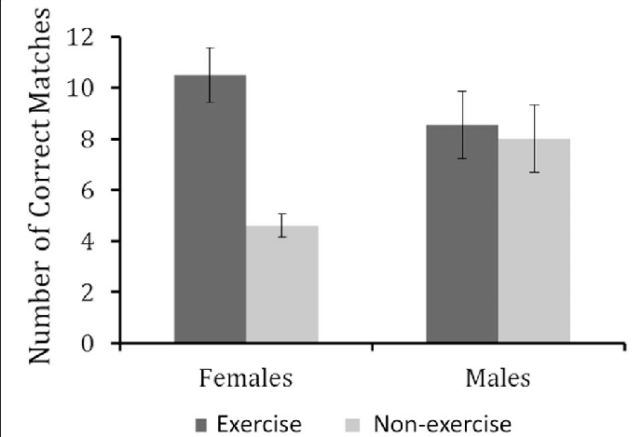 A red squirrel. Researchers suggest that some squirrel species might be carriers of the Alaskapox virus. (USFWS Photo)
A red squirrel. Researchers suggest that some squirrel species might be carriers of the Alaskapox virus. (USFWS Photo)
The Alaska Department of Health reported that a man from the Kenai Peninsula died due to the Alaskapox virus at the end of January, making it the first documented death from the virus, AKPV.
The department disclosed the death in a recent bulletin.
Alaskapox was initially identified in Alaska in 2015 and is associated with other orthopox viruses such as smallpox, cowpox, and monkeypox. Dr. Julia Rogers, an epidemiologist from the Centers for Disease Control and Prevention working with the Alaska Division of Public Health, mentioned that the virus typically affects animals.
“Orthopox viruses are zoonotic viruses, mostly circulating within animal populations with occasional transmission to humans,” Rogers stated.
Rogers expressed her belief that AKPV infections will continue to be infrequent, and it’s improbable for a non-immunocompromised individual to succumb to the virus. She emphasized that there is no evidence of human-to-human transmission.
To date, only six other individuals have been confirmed to have contracted Alaskapox, all of whom were located in the Fairbanks area. All previous cases were attributed to animal contact. The state has conducted tests on small mammals for the virus and found it to be prevalent in red voles and squirrels. Due to the limited number of cases, experts remain uncertain of the exact method of transmission, but according to Rogers, direct contact with an infected animal is a likely cause.
The deceased individual from the Kenai Peninsula resided alone in a wooded area and had frequent interactions with a stray cat that he often fed and came into contact with while hunting small mammals. The cat was tested for AKPV and the results came back negative. Rogers advised that Alaskans should exercise caution when handling small mammals and should wear gloves when handling trapped animals, followed by thorough handwashing.
Rogers urged individuals with lesions to seek medical attention.
Infectious disease specialist Dr. Ben Westley stressed the importance of healthcare providers becoming familiar with identifying pox lesions.
“Pox lesions have a distinctive appearance,” Westley explained. “Many doctors examining a rash will likely note its peculiar nature. However, without considering the possibility of a pox virus, they may overlook making the diagnosis.”
He added that additional symptoms may include swollen lymph nodes, particularly in the vicinity of the lesions.
The AKPV strain found in the deceased individual from Kenai differs from the strains observed in people and animals in the state’s interior region. Health department staff noted that this divergence suggests the virus may be more widespread in Alaska than previously thought, and they are collaborating with the University of Alaska Museum and the CDC to test small mammals outside of the interior region for AKPV.
The health department revealed that the individual who died due to AKPV was elderly and immunocompromised as a result of cancer treatment. Symptoms initially presented as a sizeable lesion in the armpit area, followed by the development of more pox-like lesions. A sample was sent to the CDC, where it was identified as a unique strain of AKPV.
Westley emphasized that AKPV infections are rare and advised Alaskans to be aware of symptoms but not to be overly concerned.
“We live in an amazing place with contact to a lot of different wildlife and scenery and this is just something that comes with the territory,” said Westley. “If there are dead animals or stranded sick animals, you should not handle them on your own; you can call wildlife experts.”
The state recommends that healthcare providers acquaint themselves with AKPV symptoms. Suspected cases of AKPV should be reported to the Department of Health, and example images of AKPV lesions can be found on the department’s FAQ page.













